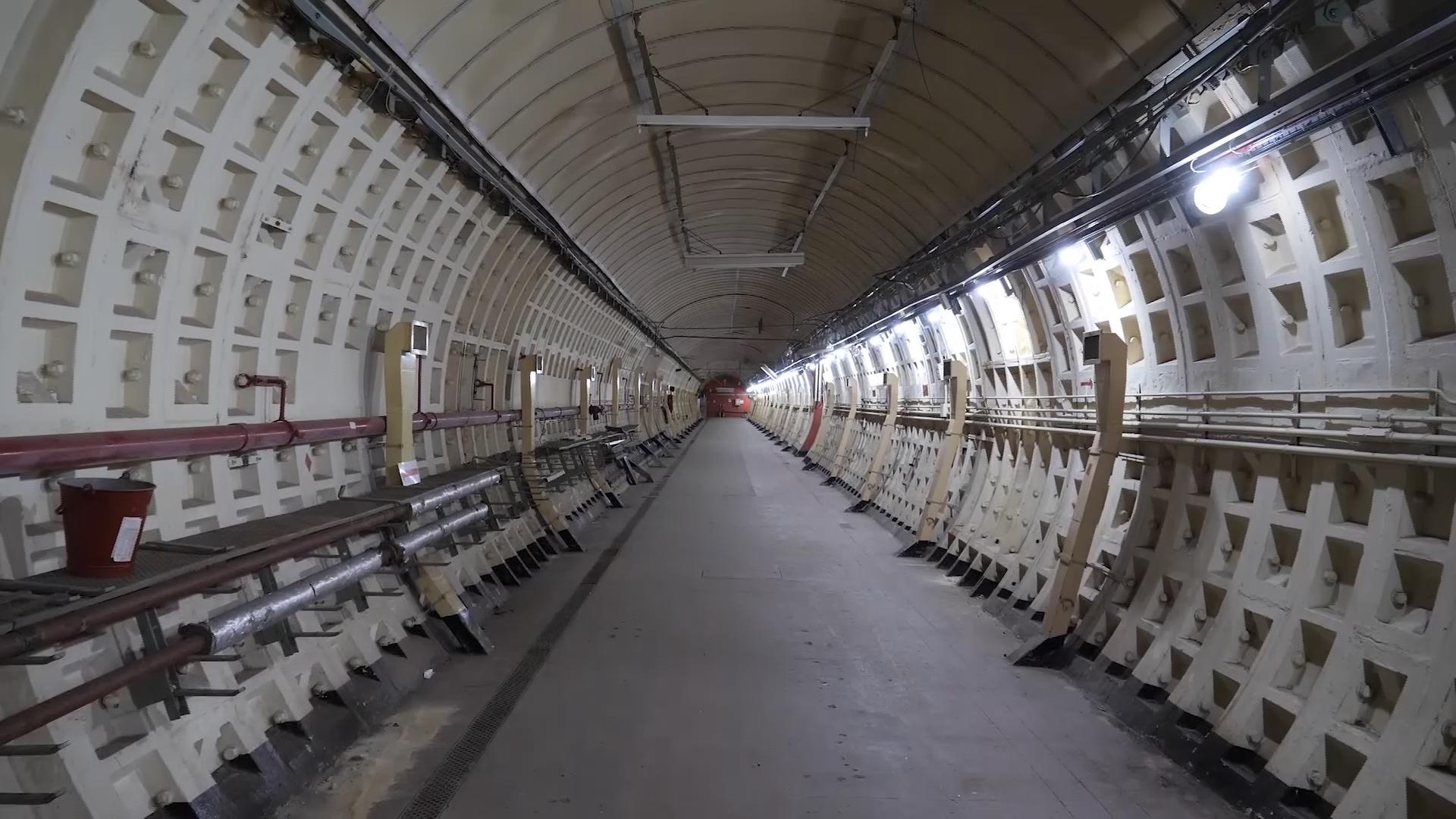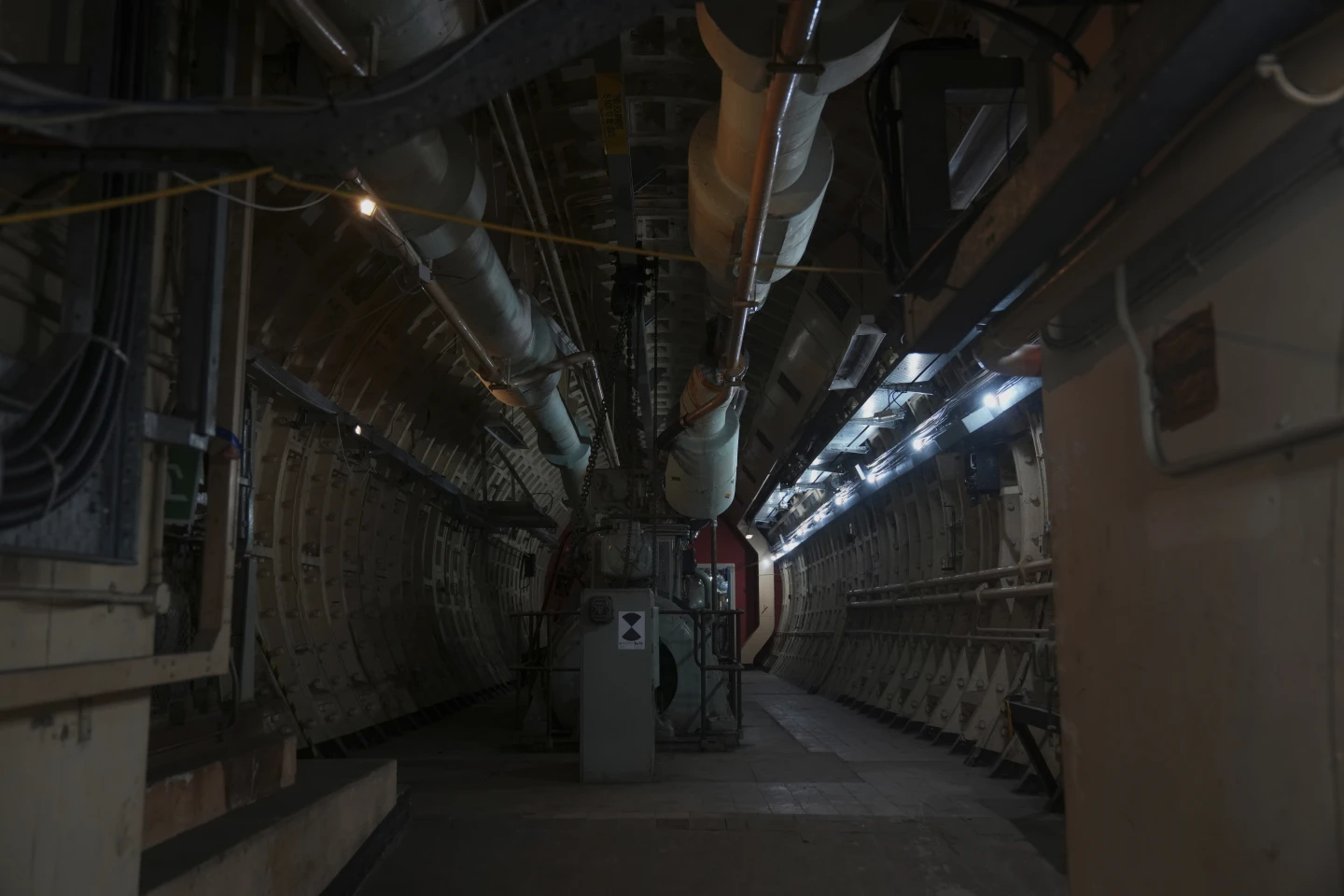Deep below the streets of Holborn in central London lies a long-forgotten network of tunnels, once shrouded in secrecy and rich in history. Dug in 1940 as a wartime precaution during the Blitz, the tunnels remained unknown to most Londoners for decades. Today, plans are underway to transform the 90,000-square-foot subterranean space into a major cultural and historical attraction, complete with a World War II memorial, interactive exhibitions, and what’s being billed as the world’s deepest underground bar.
Wartime Secrets, Espionage Missions, and the Birthplace of James Bond’s Inspiration
Originally designed to shelter 8,000 civilians from German air raids, the tunnels were completed in 1942, by which time the worst of the bombing had passed and subway stations had taken over the role of public shelters. The tunnels were repurposed as a hub for government communications and became the base for the Special Operations Executive (SOE), a secret unit launched by Winston Churchill to carry out sabotage missions in Nazi-occupied Europe. The facility’s clandestine role became vital to Britain’s wartime intelligence efforts.

Among those involved in wartime operations was Ian Fleming, a naval officer and liaison to the SOE, who would later create the iconic character James Bond. The tunnel complex—complete with secretive activities and espionage planning—is believed to have influenced Fleming’s depiction of MI6 and the famed Q Branch. The site’s mysterious and high-tech atmosphere further adds to its allure as a real-life inspiration for spy thrillers.
From Cold War Nerve Center to London’s Most Ambitious Underground Tourist Attraction
After World War II, the tunnels expanded and became a secure site for Cold War communications, including a telephone exchange that linked the Pentagon and the Kremlin via the famed “red telephone” hotline during the Cuban Missile Crisis. Up to 200 people worked underground during its peak, benefiting from an in-house canteen and bar. However, by the 1980s, as technology advanced, the site was gradually decommissioned and largely forgotten—until its sale in 2023 to a private equity-backed group led by Angus Murray.
Plans are in motion to open the London Tunnels to the public by 2028, incorporating a museum, cultural exhibitions, and a memorial honoring over 40,000 civilians killed in the Blitz. The site will also feature the Military Intelligence Museum, relocating from a restricted military base. The museum will highlight centuries of intelligence history and explore the enduring themes of secrecy, deception, and truth—a reflection of both the past and the modern age of misinformation.
Currently accessible only through a nondescript alley door, the tunnels still house remnants of their past: Cold War equipment, vintage bar décor, and even graffiti from urban explorers. The project’s developers aim to attract up to 4.2 million visitors annually by offering a one-of-a-kind experience that blends hidden history with cultural novelty. As Angus Murray says, the magic lies in discovering a forgotten world—and finding that what’s inside is even more compelling than the legend itself.


